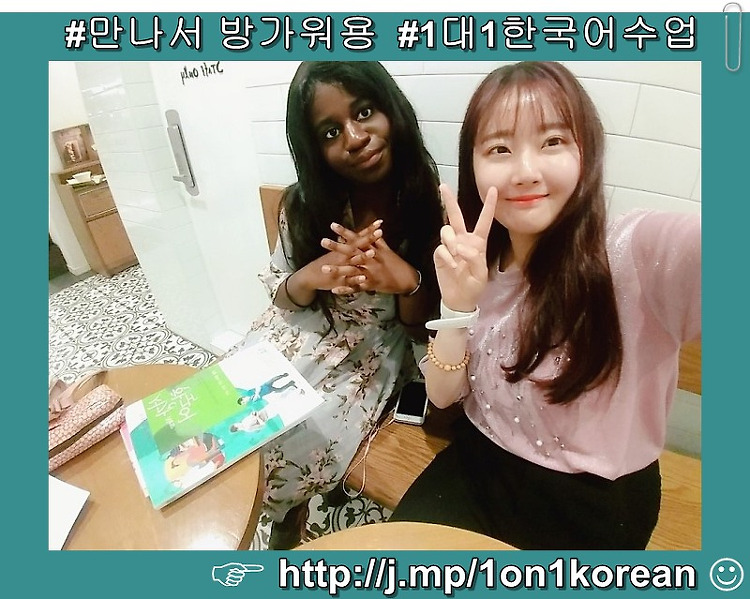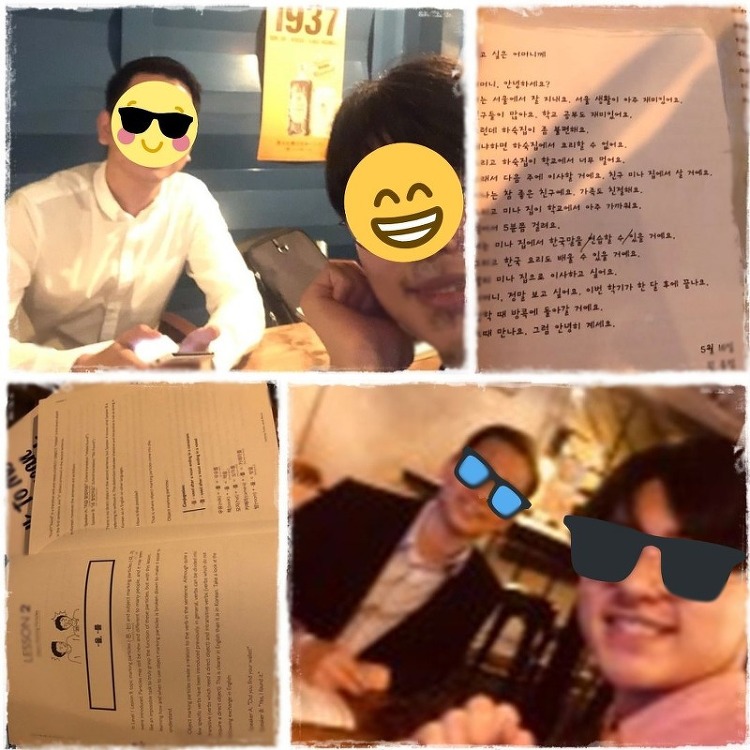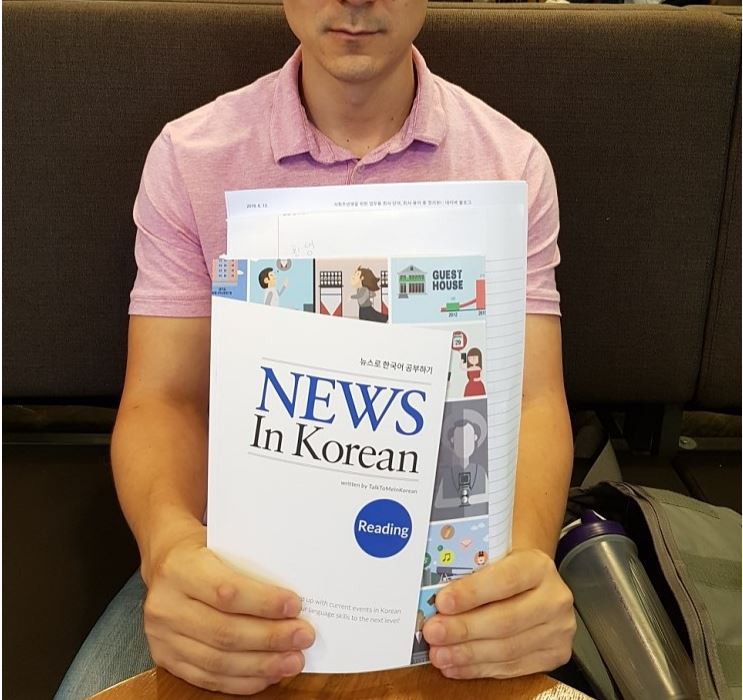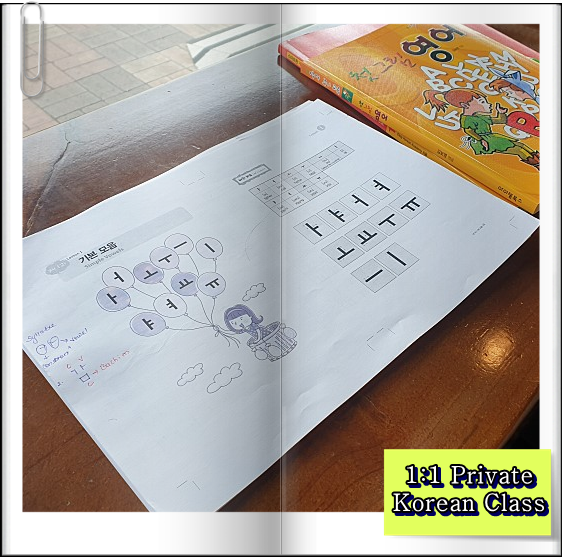Master Korean Together with Native Experts I think we tried to make and learn many things within two hours. The class went on as we expected and I thought it is important to give a clear everything where student does not understand so I tried to go slowly and focused on each pronunciations. On first day, I gave mini test and quiz solution to student to check her level. by Korean Teacher Kim Min ..










